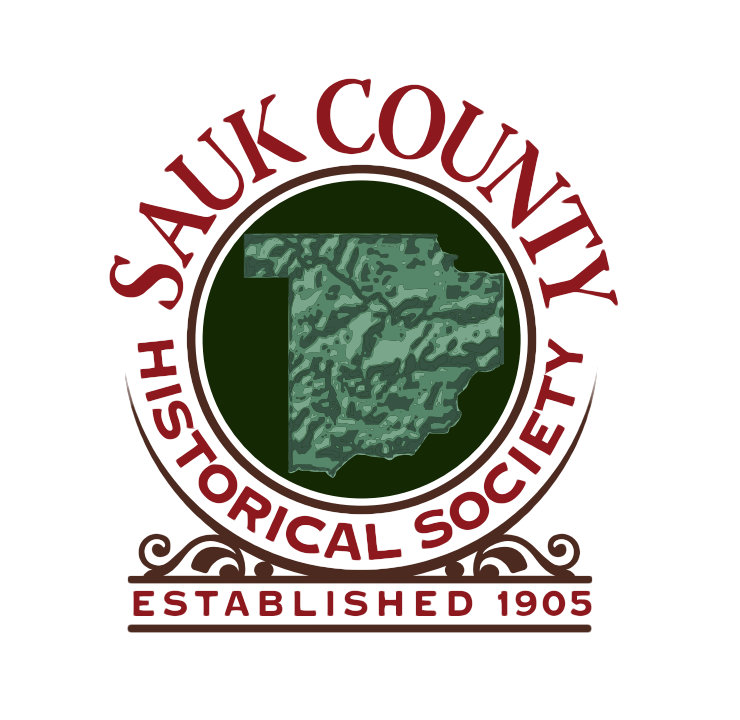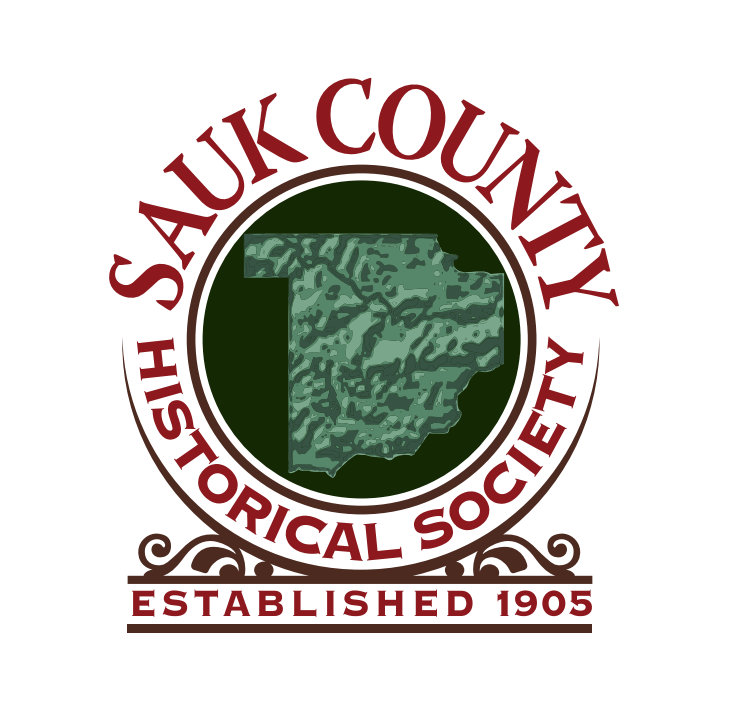“Pioneer Journey to Baraboo”
April 18, 1912.
Written for the Sauk County Historical Society by Attorney R.T. Warner, Everett, WA
In youth the pleasure of hope predominate; but in age the pleasures of memory take their place. Youth looks forward to the realization of its dreams of wealth and power, and to the Halcyon days of age, of the Heaven, “to be”, while age looks backward to the golden dreams of youth, to the lost Atlantis, the Paradise of the “has been.”
My school days were spent among the pioneers of the Baraboo valley. Born among the granite hills of New England and coming at the age of seven years to the “far west,” to the beautiful valley of the Baraboo river, was to me at once a wonder and an inspiration. The scenes and incidents of the long journey from New England to far Wisconsin in the year of our Lord, 1849, were so vividly impressed upon my memory that they can never be forgotten. This was my first experience away from the old home on the New England farm. This was seeing the world. I never before had seen a railroad or a locomotive or a steamboat. When I went upon the streets of New York and Brooklyn, I was simply bewildered. And, so my memory is somewhat confused, as to the sights I saw along our route of travel. I remember we went up the Hudson River on the steamer Rip Van Winkle to Albany; thence over the N.Y. Central railway to Buffalo; from there upon the steamer Atlantic across Lake Erie to Detroit; thence by rail across the state of Michigan to a place named New Buffalo and thence by boat to Milwaukee. From Milwaukee to Baraboo we journeyed in a freighter’s heavy lumber wagon, my father, mother and three children, our trunks and family belongings with ourselves made a heavy load, and our progress through the wilderness was necessarily very slow. We plodded along, bumping over corduroy roads, and occasionally dropping into mud holes that seemed bottomless. I can not remember where we stayed the first night out from Milwaukee, but the last stop we made, before reaching Baraboo, was at Sun Prairie, --not the modern town of Sun Prairie, --but at the cabin of a settler on the prairie of that name. Here we found old friends, who had been neighbors back in our old home, in New England. They had found a home in this western wild during the previous year. This was the family of a man by the name of Tertius Turner. I was overjoyed to find here my “chum”, Henry Turner, a boy of my own age who had been my playmate back in the old home.
My recollection is that we reached Turner’s place on Saturday and that we stayed there over Sunday. It goes without saying that the time passed pleasantly on that first Sunday in Wisconsin, with my “chum”. It was to me a grand sight to look over the vast expanse of rolling prairie. I had never seen anything more grand than the little rocky hills of old New England. Here I got my first faint ideas of the vastness of the western prairies. This was the last time that I ever saw Henry; and I know not whether he is living or whether he has passed to the great beyond; but he has always retained a place in my memory, as my best “chum”.
On Monday we were on our way, bright and early; we passed thorough Lodi, which was a very small village, then. We crossed the Wisconsin River at Matt’s ferry, now Merrimack, before nightfall. But I remember it was dark long before we reached Baraboo, or Adams, as it was then called, newly made the county seat of Sauk county. The children were put to bed in blankets spread in the bottom of the wagon, but we did not sleep much as we went bumping over the rocky road over the Baraboo bluffs. About midnight we reached the home of my uncle in Baraboo. We were soon all abed and asleep, being pretty thoroughly tired out with our long journey. The time of our arrival was, as near as I can remember, the latter part of October, 1849. Here we found a temporary home during the autumn and winter, with my uncle, Albert G. Tuttle, of the firm of A.G. Tuttle & Company, David Munson being the other member of the firm.

